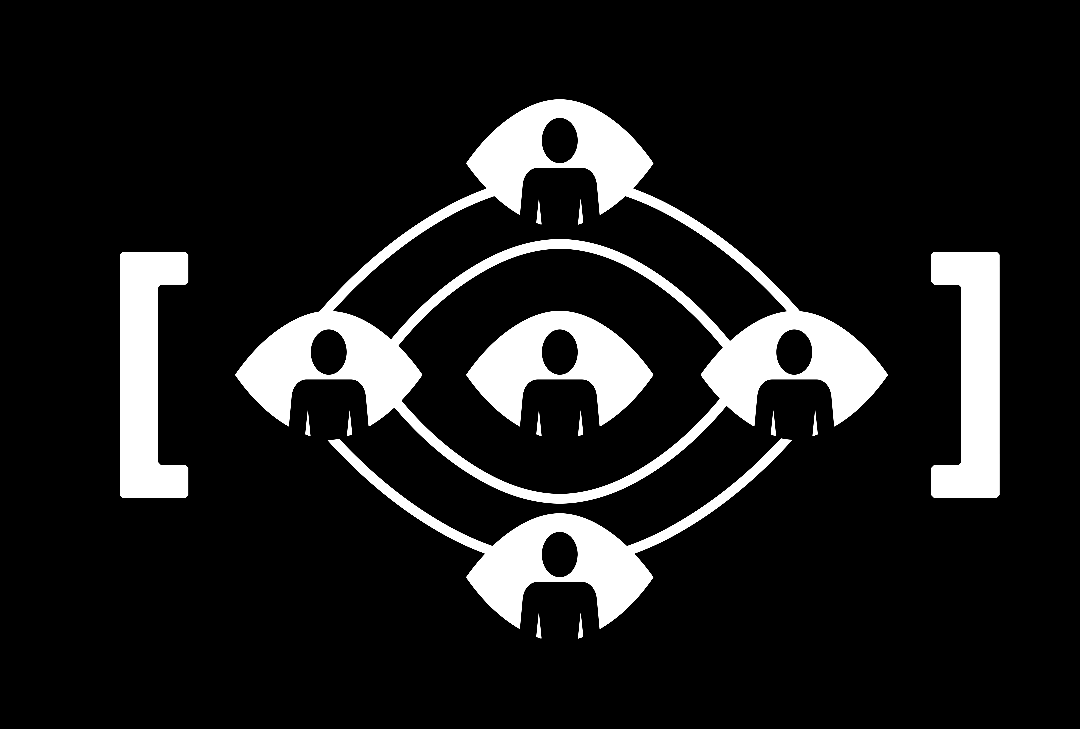
Living Etiquette: The Art of Graceful Living
In today's fast-paced world, where technology dominates our lives and social interactions have become increasingly virtual, the importance of living etiquette cannot be overstated. Living etiquette encompasses a set of principles and practices that guide our behavior and interactions with others, both in our personal and professional lives. It is the art of graceful living, where we strive to make a positive impact on those around us and create a harmonious environment.
One of the fundamental aspects of living etiquette is respect. Respecting others' opinions, beliefs, and personal space is crucial in fostering healthy relationships. It means listening attentively when someone is speaking, refraining from interrupting, and refraining from making derogatory or offensive comments. By showing respect, we not only create a positive atmosphere but also build trust and understanding with others.
Another important aspect of living etiquette is empathy. Empathy is the ability to understand and share the feelings of others. It involves putting ourselves in someone else's shoes and considering their perspective. By practicing empathy, we can better connect with others, offer support when needed, and build meaningful relationships. It also helps us to be more patient and understanding, even in challenging situations.
Living etiquette also includes being mindful of our actions and their impact on others. This means being aware of our body language, tone of voice, and choice of words. It means being mindful of our surroundings and adapting our behavior accordingly. For example, speaking softly in a library or refraining from using our phones during a conversation. By being mindful, we show consideration for others and create a more pleasant environment for everyone.
In addition to respect, empathy, and mindfulness, living etiquette also encompasses good manners. Good manners are the social norms and customs that govern our behavior in various situations. They include simple acts such as saying "please" and "thank you," holding the door for someone, or offering a seat to an elderly person. Good manners not only show respect and consideration but also reflect our upbringing and values.
Living etiquette also extends to our digital lives. In the age of social media and online communication, it is important to be mindful of our online behavior. This includes being respectful in our comments and posts, refraining from cyberbullying or spreading hate, and being cautious about sharing personal information. By practicing digital etiquette, we can create a positive online environment and maintain healthy relationships in the virtual world.
Living etiquette is not about being perfect or conforming to rigid rules.





Leave a Comment